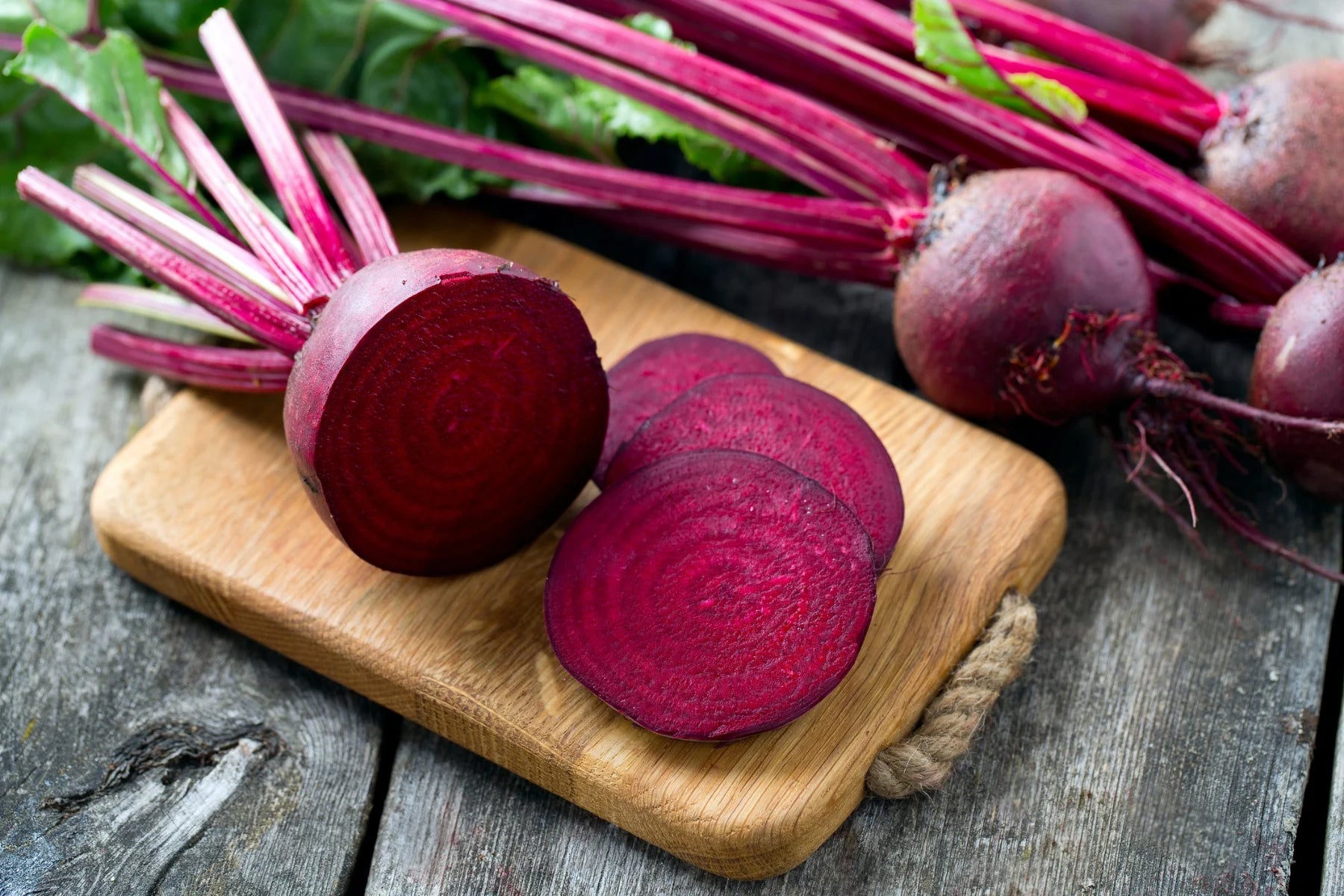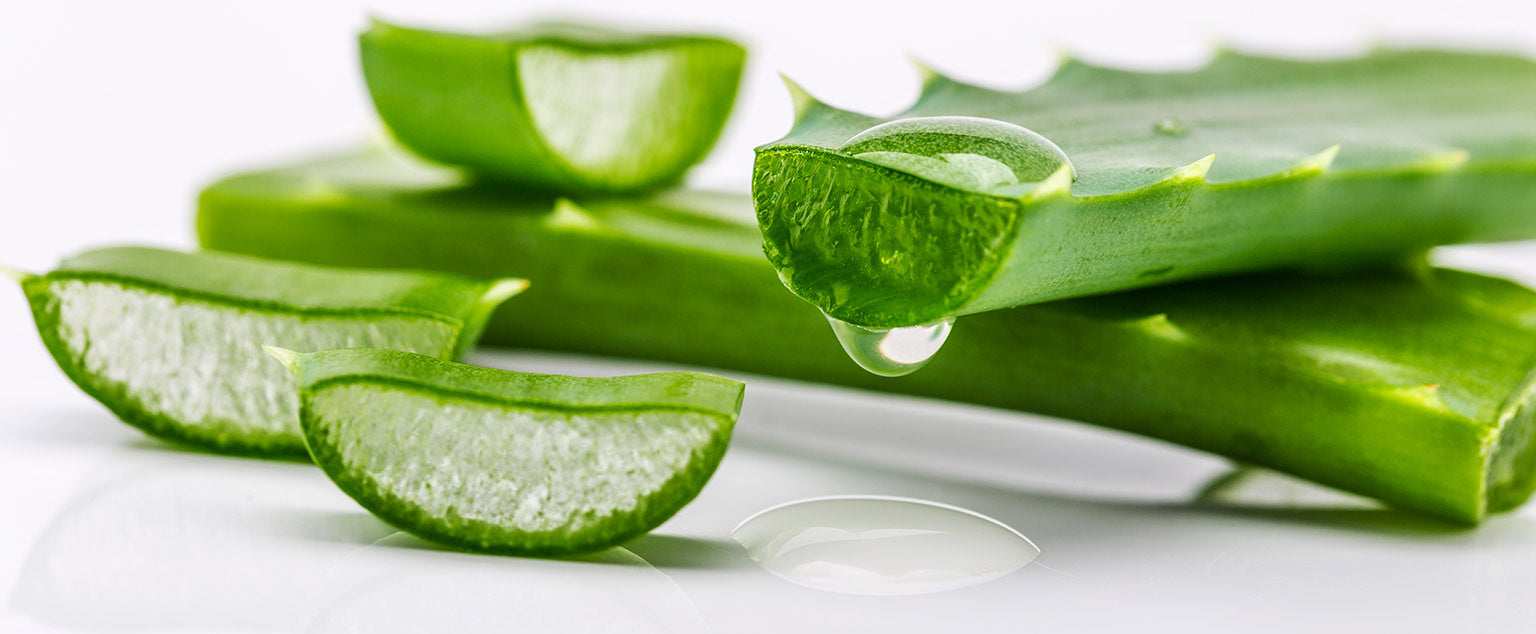
Betaine and How It Helps with Acne
What is Betaine?
Betaine, also known as trimethylglycine, is a naturally occurring compound found in various foods, particularly in beets (from which it was initially derived), spinach, quinoa, and seafood. It’s used in cosmetics for its moisturizing and hydrating properties, making it a valuable ingredient in a range of skincare and haircare products.
Here's how betaine is commonly used in cosmetics:
- Hydration: Betaine is a natural humectant, which means it can attract and retain moisture. When applied topically in skincare products, betaine helps improve the skin's water retention, keeping it hydrated and preventing dryness.
- Skin Barrier Support: Betaine assists in strengthening the skin's natural barrier. A healthy skin barrier is essential for retaining moisture, protecting against environmental stressors, and preventing trans-epidermal water loss (TEWL).
- Soothing and Calming: Betaine has soothing and calming properties that can benefit individuals with sensitive or irritated skin. It helps alleviate redness and discomfort, making it suitable for skincare products designed for those with skin conditions like eczema or dermatitis.
- Texture and Feel: Betaine is known for its pleasant, lightweight texture. It can improve the overall feel and spreadability of cosmetic products, making them more user-friendly.
- Haircare: In addition to skincare, betaine is used in haircare products such as shampoos, conditioners, and hair masks. It helps hydrate the hair and scalp, improving the overall condition of the hair and reducing frizz.
- Natural and Safe: Betaine is considered a safe and natural ingredient, making it suitable for clean and organic cosmetic formulations. It is generally well-tolerated by various skin types, including sensitive skin.
- Natural Origin: Betaine can be derived from natural sources, such as sugar beets, making it appealing to consumers seeking natural and sustainable products.
How Betaine help with acne:
Betaine offers some benefits for individuals with acne-prone skin. It works as a humectant that helps balance hydration, prevent wrinkles, and reduce inflammation. It’s also been shown to promote an even skin tone and is gentle on the skin.
Here's how betaine may help with acne management:
- Hydration: Betaine is a humectant, which means it can attract and retain moisture. Proper skin hydration is essential for maintaining a healthy complexion. When the skin is adequately hydrated, it is less likely to overproduce sebum (skin oil) in an attempt to compensate for dryness. Excess sebum production is a common factor in the development of acne, as it can clog pores and lead to pimple formation. Betaine can help prevent excessive dryness and maintain balanced skin moisture levels.
- Barrier Support: Betaine can support the skin's natural barrier function. A strong and intact skin barrier is crucial for protecting the skin from external stressors and retaining moisture. When the skin barrier is compromised, it can become more susceptible to inflammation and potential acne breakouts. Betaine helps improve the skin's protective function.
- Reduction of Redness and Irritation: Betaine has soothing properties that can help reduce redness and irritation associated with acne. This is particularly useful for individuals with inflammatory acne, where pimples are red, swollen, and painful. By calming the skin, betaine may alleviate the discomfort linked to breakouts.
- Moisturization Without Clogging Pores: One of the advantages of betaine is its lightweight and non-comedogenic nature. It provides hydration without clogging pores, making it suitable for acne-prone skin. Proper skin hydration can prevent pores from becoming congested and reduce the risk of new breakouts.






